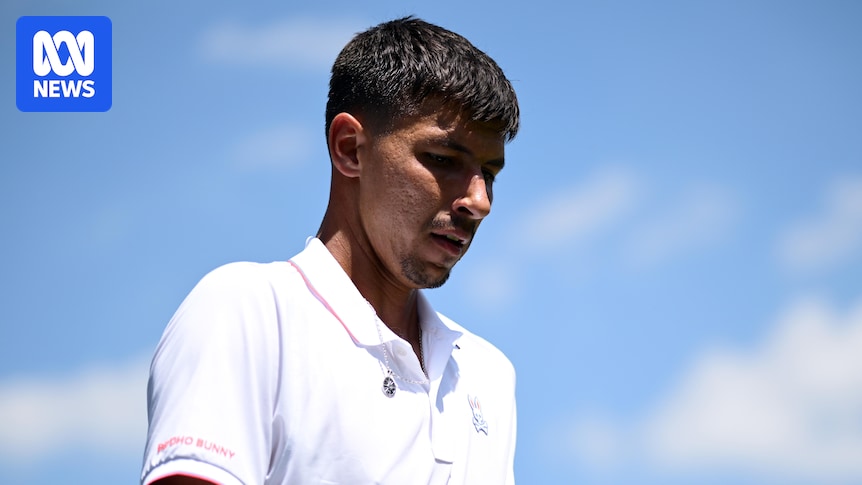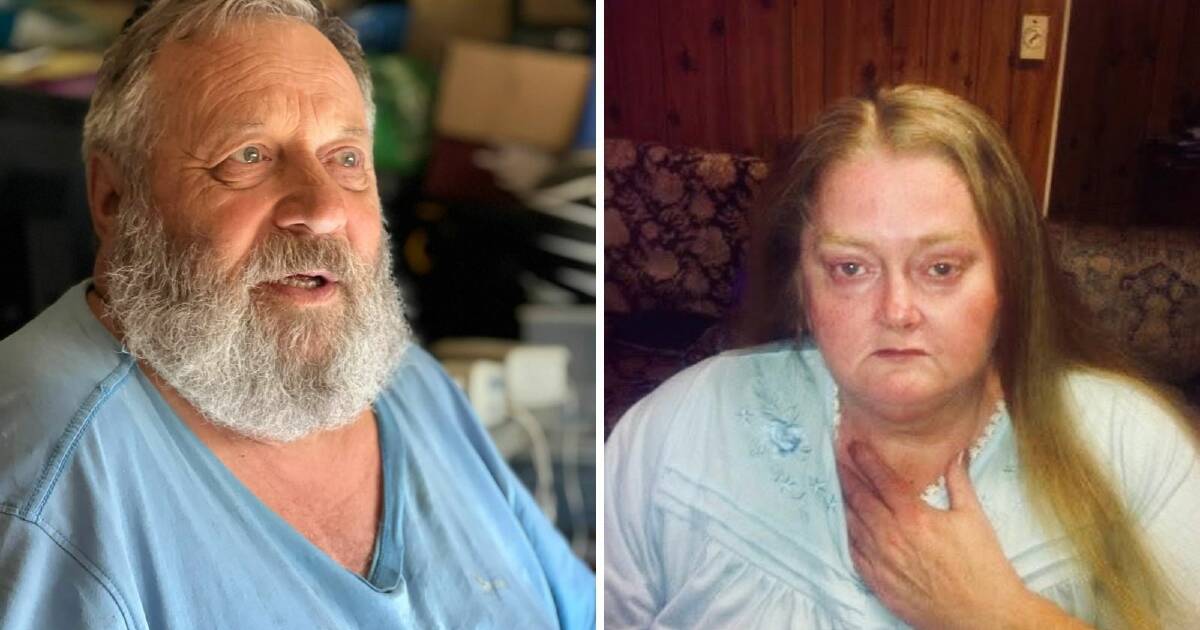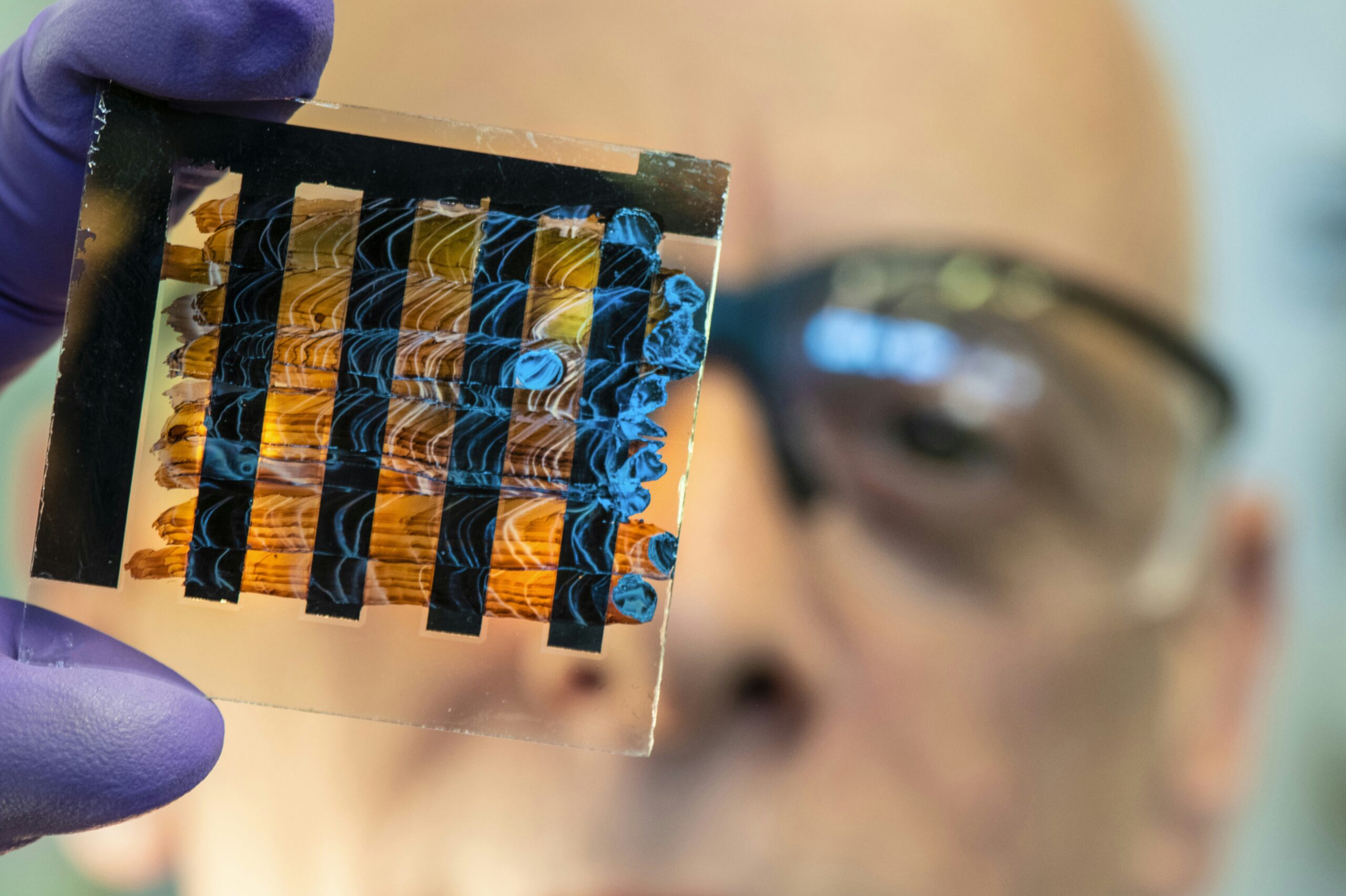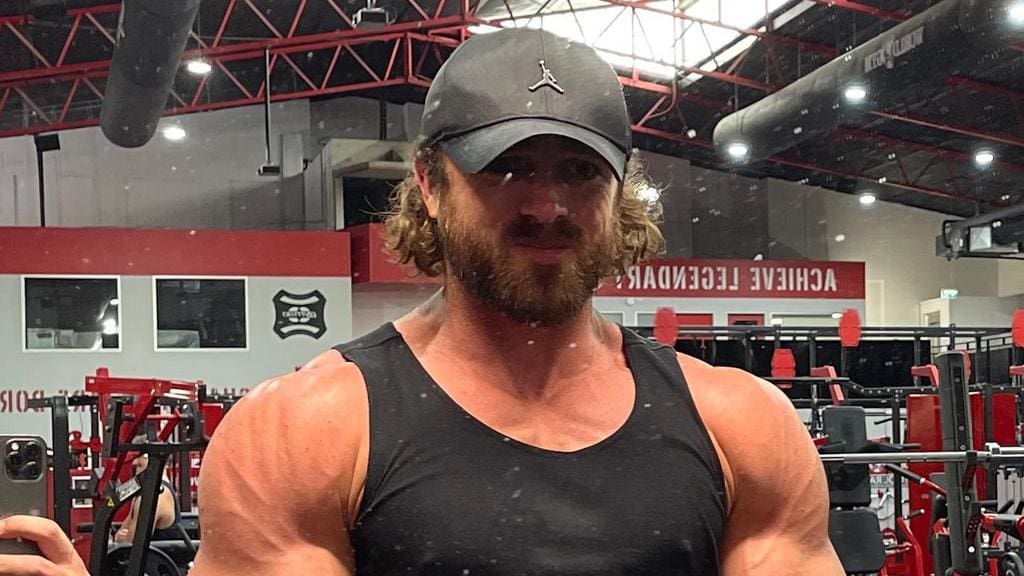
George Orwell’s 1984 and an Ed Sheeran B-side are not typically uttered in the same sentence. However, it is this exact, curious combination of dystopian science fiction and the global pop star that helped Alexei Popyrin disconnect from the rigors of professional tennis. The Australian tennis player is hoping that this year’s US Open will prove he can consistently challenge the best, even as he faces a potential showdown with world number one Jannik Sinner.
Popyrin’s journey to this point has been anything but smooth. It was a shock exit from the opening round of Wimbledon in late June, when he lost to world number 461 Arthur Fery, that made him realize he needed a break. “I was numb,” he told ABC Sport. “I didn’t feel sad. I didn’t feel happy. I just felt kind of like, yeah, this is what happens and I’ve never had that feeling before in my career.”
Rediscovering Passion Off the Court
In search of clarity, the 26-year-old and his fiancée, Amy, flew to Bermuda, where Popyrin rediscovered his love of books. He has since read a book a week, diving into the sci-fi and fantasy genres. “I’ve really gotten hooked on reading. I’ll basically do that in all my free time right now,” he said. Among his recent reads is the classic 1984 by George Orwell, a stark contrast to the fast-paced life of a professional athlete.
During this break, the couple also attended an Ed Sheeran concert in Ipswich, England. “My favorite Ed Sheeran track is probably one that not many people know. It’s called ‘You Need Me, I Don’t Need You,'” explains the long-time fan. These moments of personal enjoyment have been crucial for Popyrin as he prepares for the challenges ahead.
Challenges and Changes in 2025
Despite reaching a career-best ranking of 19 this month, 2025 has been challenging for Popyrin. He dropped 18 places just before the US Open but remains Australia’s second-ranked male player, behind Alex de Minaur. A change in coach—he now has two coaches—and a dip in his mental health have provided some bumps. Yet, Popyrin believes he is a better player now than he was last year, when he claimed the biggest win of his career by beating Novak Djokovic in the third round of the US Open.
“I’ve got a pretty good record against top-10 players and for me the most important part is trying to get to that level, trying to be a top-10 player myself,” he said.
Consistency: The Next Frontier
The win over Djokovic in New York last year was part of a dream run for Popyrin, which included winning his maiden Masters 1000 title—the first Australian to do so since Lleyton Hewitt in 2003. This year’s US Open is another chance to show he is a more consistent performer. “I’ve always been able to show up for the big matches against the big guys and cause trouble for them. But I’ve also not been consistent in beating the players that I should be beating,” he admitted.
Despite a tough draw, Popyrin is not daunted by the prospect of playing Jannik Sinner in the second round at Flushing Meadows. “I’m the kind of player that enjoys those kind of matches, but all focus on the first round right now,” said Popyrin, who has drawn Finnish player Emil Ruusuvuori first up.
Addressing Burnout and Looking Forward
After navigating burnout, Popyrin believes he is on the right path to finding consistency. “Burnout is a very, very big thing in tennis right now,” Popyrin said. “And I think a lot of it has to do with the two-week schedules, two-week Masters events. It’s a new thing that the coaches and the players don’t really know or are 100 percent capable of scheduling correctly just yet.”
“I was never one to kind of really focus on my mental health … I wasn’t really one to think that I could really burn out,” Popyrin said. “But after that Wimbledon [loss], I had to take a step back and figure out where did it all go wrong and where did we kind of make a mistake in terms of scheduling.”
Burnout continues to plague the professional tennis circuit, with de Minaur joining the chorus of players who say there is too much tennis. Popyrin’s newfound approach to scheduling and mental health could be key to his future success. “Right now, I’m being called a veteran on tour, which is crazy. But I think I’ve learned a lot about myself and the way that I approach my whole career and I’m definitely taking a different outlook on it right now.”
As the US Open unfolds, all eyes will be on Popyrin to see if his time off the court has prepared him to meet the challenges ahead. With a new perspective and a renewed passion for the game, he aims to prove that he can consistently challenge the best in the world.






